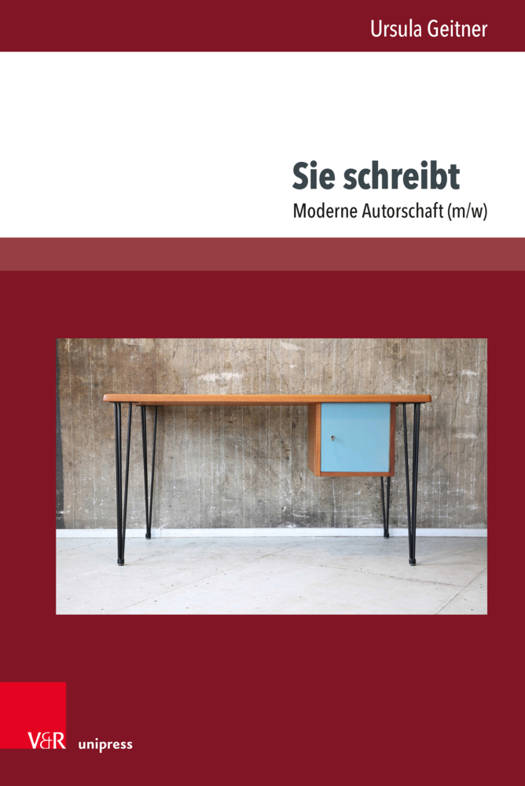
Door een staking bij bpost kan je online bestelling op dit moment iets langer onderweg zijn dan voorzien. Dringend iets nodig? Onze winkels ontvangen jou met open armen!
- Afhalen na 1 uur in een winkel met voorraad
- Gratis thuislevering in België vanaf € 30
- Ruim aanbod met 7 miljoen producten
Door een staking bij bpost kan je online bestelling op dit moment iets langer onderweg zijn dan voorzien. Dringend iets nodig? Onze winkels ontvangen jou met open armen!
- Afhalen na 1 uur in een winkel met voorraad
- Gratis thuislevering in België vanaf € 30
- Ruim aanbod met 7 miljoen producten
Zoeken
Omschrijving
What is a woman author? The early 20th century saw the emergence of a new concept, Frauendichtung (women's writing), a mode of discourse that fundamentally reframed the question of female-and thus also, by contrast, of male-authorship. The paradigm of women's writing as it emerged on the threshold to modernity, when it was associated with a kind of timeless knowledge, has been at best cursorily treated in extant scholarship. It is at the focus of the present study, which traces its astonishing longevity-if only at the level of implicit knowledge-up until the present day. The book concludes with an analysis of current debates on gender, authorship, and canonicity. Methodologically, it draws on post-structural techniques of discourse and myth analysis, paratext theory, and praxeology.
Specificaties
Betrokkenen
- Auteur(s):
- Uitgeverij:
Inhoud
- Aantal bladzijden:
- 587
- Taal:
- Duits
- Reeks:
- Reeksnummer:
- nr. 9
Eigenschappen
- Productcode (EAN):
- 9783847114161
- Verschijningsdatum:
- 11/04/2022
- Uitvoering:
- Hardcover
- Formaat:
- Genaaid
- Afmetingen:
- 155 mm x 231 mm
- Gewicht:
- 6069 g

Alleen bij Standaard Boekhandel
+ 147 punten op je klantenkaart van Standaard Boekhandel
Beoordelingen
We publiceren alleen reviews die voldoen aan de voorwaarden voor reviews. Bekijk onze voorwaarden voor reviews.











